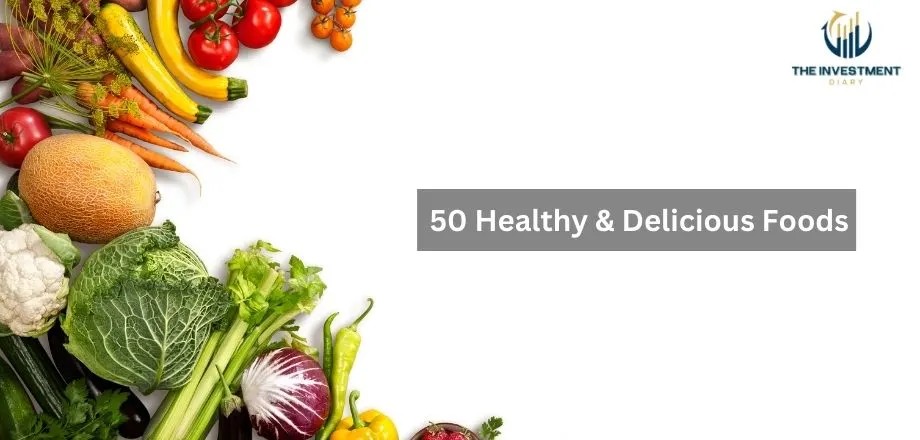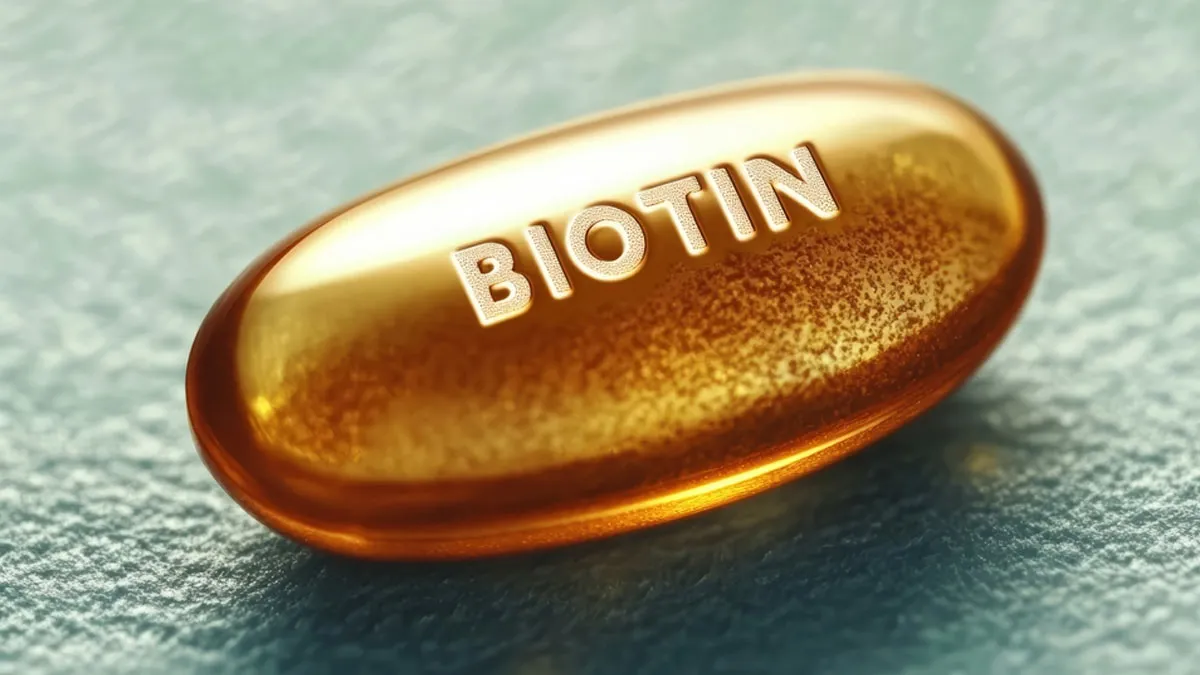Eating well isn’t about restriction—it’s about choosing the right kinds of foods that fuel your body, energize your mind, and help you feel your best. Whether you’re starting your health journey or looking to optimize your diet, these 50 nutrient-rich foods are delicious, satisfying, and packed with benefits.
From fiber-filled fruits to omega-3-rich seafood, this list covers it all.
What Makes a Food Truly Healthy?
Healthy foods aren’t just low in calories—they’re packed with essential nutrients, antioxidants, and beneficial fats. Here’s what sets them apart:
- Rich in vitamins and minerals your body needs daily
- High in fiber to support digestion and fullness
- Loaded with antioxidants that fight inflammation and disease
- Include lean protein for muscle maintenance and satiety
- Contain healthy fats like omega-3s and monounsaturated fats
Ready to load your plate with goodness? Let’s dive in.
Fruits & Berries (1–6)
Colorful, sweet, and naturally hydrating, fruits and berries are loaded with vitamins, fiber, and disease-fighting antioxidants.
- Apples – High in fiber and vitamin C. Great for snacking.
- Avocados – Rich in healthy fats, potassium, and fiber.
- Bananas – A portable energy source packed with potassium and B6.
- Blueberries – Antioxidant powerhouses that support brain health.
- Oranges – Bursting with vitamin C and immune-boosting benefits.
- Strawberries – Sweet, low in calories, and high in antioxidants.
Other great fruits: mangoes, kiwi, pears, peaches, grapes, cherries, raspberries, and pineapples.
Eggs: Nature’s Perfect Protein
Eggs are one of the most nutritious foods on the planet—loaded with high-quality protein, choline, and essential vitamins. Enjoy them boiled, scrambled, or poached.
Lean Meats (8–10)
Choosing the right kind of meat matters. Unprocessed, lean cuts offer protein without excess saturated fat.
- Lean Beef – Packed with iron and protein.
- Chicken Breast – Low in fat, high in lean protein.
- Lamb/Mutton – Often grass-fed, rich in omega-3s.
Nuts & Seeds (11–15)
Small but mighty, nuts and seeds are full of healthy fats, protein, and fiber. Just a handful goes a long way.
- Almonds – Vitamin E, magnesium, and fiber in every crunch.
- Chia Seeds – Loaded with fiber, omega-3s, and calcium.
- Coconut – Offers MCTs for quick energy and gut support.
- Macadamia Nuts – Rich in monounsaturated fats.
- Walnuts – Excellent for heart and brain health.
Also try: Brazil nuts—just one gives you your daily selenium needs.
Nutrient-Rich Vegetables (17–26)
Vegetables are the foundation of a healthy diet—low in calories but high in vitamins, minerals, and antioxidants.
- Asparagus – High in vitamin K and folate.
- Bell Peppers – Colorful, crunchy, and packed with vitamin C.
- Broccoli – Offers fiber, vitamins C and K, and protein.
- Carrots – High in beta-carotene and naturally sweet.
- Cauliflower – A low-carb alternative with lots of versatility.
- Cucumber – Refreshing and hydrating, with vitamin K.
- Garlic – Anti-inflammatory and immunity-boosting.
- Kale – Rich in fiber, antioxidants, and vitamins.
- Onions – Great for heart health and flavor.
- Tomatoes – Packed with lycopene, potassium, and vitamin C.
Other amazing vegetables: Swiss chard, Brussels sprouts, eggplant, celery, mushrooms, and squash.
Seafood & Fish (27–32)
Seafood is one of the best sources of omega-3 fatty acids, which reduce inflammation and support heart and brain health.
- Salmon – A superstar rich in protein, omega-3s, and vitamin D.
- Sardines – Tiny but mighty, loaded with calcium and B12.
- Shellfish – Oysters and clams are rich in zinc and iron.
- Shrimp – Low in calories, high in iodine and protein.
- Trout – Tasty and packed with omega-3s.
- Tuna – High in protein. Choose low-mercury options.
Whole Grains (33–35)
Whole grains are a great source of fiber, iron, and slow-digesting carbs that keep you full.
- Brown Rice – More fiber and nutrients than white rice.
- Oats – Support cholesterol and gut health with beta-glucans.
- Quinoa – A complete protein and fiber-rich grain alternative.
Healthy Breads (36–37)
- Ezekiel Bread – Made from sprouted grains for better nutrient absorption.
- Homemade Low-Carb or Gluten-Free Bread – Control the ingredients for a cleaner diet.
Powerful Legumes (38–41)
Legumes are a budget-friendly source of plant-based protein and fiber.
- Green Beans – Crisp and vitamin-rich.
- Kidney Beans – High in iron and complex carbs.
- Lentils – Support digestion and heart health.
- Peanuts – Actually legumes! Full of protein and healthy fats.
Dairy That Delivers (42–44)
For those who tolerate dairy, it’s an excellent source of calcium, protein, and gut-friendly probiotics.
- Cheese – Nutrient-dense and satisfying.
- Milk – Supports bone health with calcium and vitamin D.
- Yogurt – Especially Greek yogurt with live cultures for gut health.
Smart Fats & Oils (45–46)
Fats aren’t the enemy—they’re essential. Choose quality sources.
- Extra-Virgin Olive Oil – Great for heart health and cooking.
- Coconut Oil – Contains MCTs; best used in moderation.
Root Vegetables (47–48)
- Potatoes – High in potassium, fiber (with skin), and vitamin C.
- Sweet Potatoes – Rich in beta-carotene and antioxidants.
Bonus Picks (49–50)
- Apple Cider Vinegar – May support blood sugar control; great in dressings.
- Dark Chocolate – Enjoy in moderation for antioxidants and heart benefits.
Final Thoughts
You don’t need to follow a trendy diet to eat healthy. Instead, focus on adding real, whole foods like these to your meals every day. Whether it’s a salad bursting with greens, a smoothie full of berries, or a comforting bowl of oats, making small changes to your plate can lead to big health rewards.
At theinvestmentdiary, we believe that wellness is the best investment you can make.



